Debating passionately during first Eindhoven Open
No fewer than fifty loaves of bread were consumed on the first day of the Eindhoven Open Debate Tournament. With around 120 participants from more than ten countries, that is a healthy appetite to say the least. And a nutritious peanut butter sandwich leads to insights: “Debating teaches you to view a topic from different angles and to better understand people with a different opinion. If everyone in our society were to practice that, we would talk more with each other instead of to each other,” one of the participants concludes in her speech on stage of Corona in Luna.
"Debating really is a niche sport," says Tico Martinovic, secretary at ESDA Chronos, the debate association at TU/e. “There are all kinds of debate clubs in the Netherlands, but the debate sport is not so well known, yet. We are now actively working on being more visible. For example with this tournament, but also with events such as ‘Tipsy Talking’ where beer and debating happen to go really well together."
And that social aspect is important in the debate community, says Martinovic. Almost everyone from Chronos opens his or her home to some of the nearly one hundred participants from outside of Eindhoven who need a place to sleep for the weekend. The division between Dutch people and internationals is nicely balanced both at the association and at the tournament. And the fact that the main language is English, immediately removes a barrier for many internationals. "It is easy in this community to have a chat and to make new friends and get a professional network," the secretary adds.
Debating is not only a game of words, but there is also a lot of non-verbal communication involved. Hand gestures and arm movements are everywhere. The entire upper body of most speakers gets a workout during their speech. Debating is a serious matter and the energy is clearly visible, but there is also room for fun. The 'social' on Saturday evening is a good example. The debating sometimes carries on there, but there is also plenty of chit-chat. And plenty of Yakka: "a poor man's Limoncello." Or in other words: vodka with lemon and sugar. "A popular drink among part of the debate community," Martinovic mentions.
The clock is ticking
The topics of the debates are often based on current affairs (issues concerning legislation, economics, science, social challenges, etc.), but in the end it’s not so much a matter of topic but more of debating. The type of debate structure that is used is popular in the debate community: the structure of the British parliament. There are four teams, two people per team. Two teams are in favor of the topic, two are against. The participants hear their theme fifteen minutes before the start of the round and whether they are in favor or against the topic and when they can speak.
A lot of preparation is therefore not possible with such a short amount of time. The theme in the grand final is artificial intelligence (AI) in traffic. The ‘traffic’ component is well represented anyway: most participants speak at a pace as if they have to catch a train. In seven minutes to be precise, because that’s how long each person is allowed to speak.
"Is artificial intelligence desirable in traffic?" "What should we do with self-driving cars and the systems that will make decisions about human lives?" "Why are people so afraid to get into a vehicle which they can’t control?" Whole studies could be devoted to those questions, but you don't need to have in-depth knowledge about the topic of AI to be able to join the debate. It is mostly important that you are able to think of arguments, that you understand both sides and that you know how to convincingly get your arguments across in those seven minutes. A jury decides who performs best.
Diversity is key
Reeti Sarkar from India, member of the TU/e Delft debate association, is also here today. “My association debated a few evenings in advance, but because of my work I could not always join. But it's fun to participate this weekend.”
It doesn’t seem so common to train really hard for a tournament like this. Of course you practice with your association if you are part of one. And what is learned in the cradle is carried to the tomb, in the case of Reja Debevc and Filip Gavranovič from Slovenia, who have been debating since primary school. Together with Lucija Ivanuša, the three friends came to Eindhoven for this tournament. Debevc studies Neuroscience at the University of Maastricht, Gavranovič studies Political Science and External Relations at the University of Cambridge and Ivanuša has a gap year after studying Medicine at the University of Ljubljana. This variety of study backgrounds is a clear characteristic of the tournament. Here you will not only find betas.
Dirk van Gerven is an alumnus of Clinical Child & Adolescent Psychology at Tilburg University, but is also participating today. “The people are the best thing about the debate sport. The community is heterogeneous, but there is also an overlap in personalities. And the competitive part is fun and the analyzing. I am noticing the structuring is really useful, finding the core of something.” Gavranovič agrees with him. “The skills you learn when debating are useful. I apply them, for example, when writing essays.”
Winners
The debate tournament has several winners. Paulina Hernandes Sainz is the winner of Best Novice Speaker. In the Pro-Am final, the final between teams with at least one starting debater, team DSDC IF won and Roel Schoenmakers got the prize for Best Speaker. The winner of the Grand final is team One and a half Bonapartians.
The Eindhoven Open tastes like more for many participants. "It's the first time Chronos organized this," Martinovic says. “And the first time is the most work, but we also made plans and checklists, so it will be a lot easier the next time. I don't dare to guarantee that it will be an annual event, but given the high turnout and the success of the first tournament, I think it’s certainly worth another edition.”
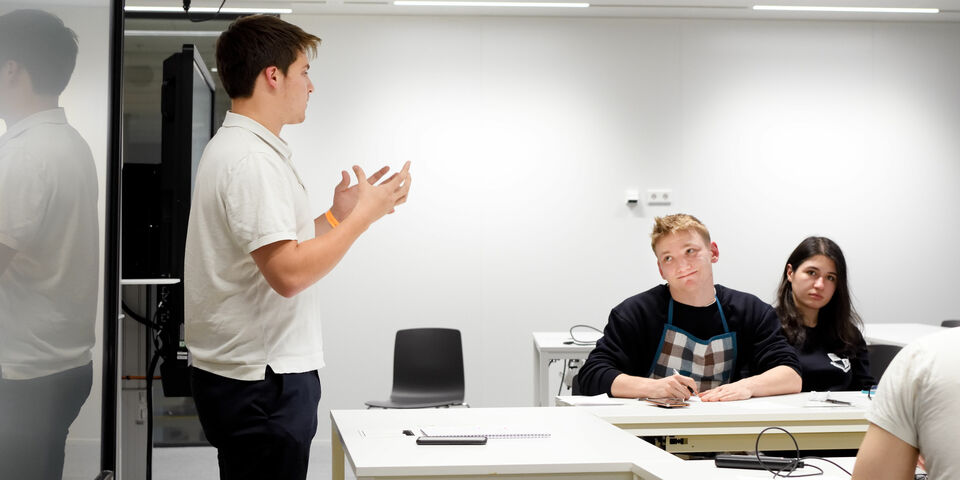

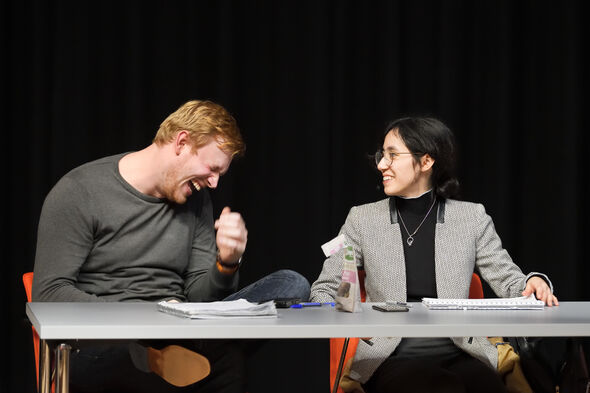
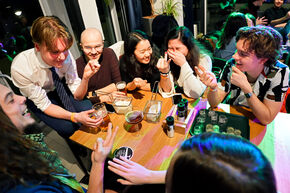
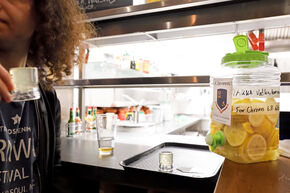
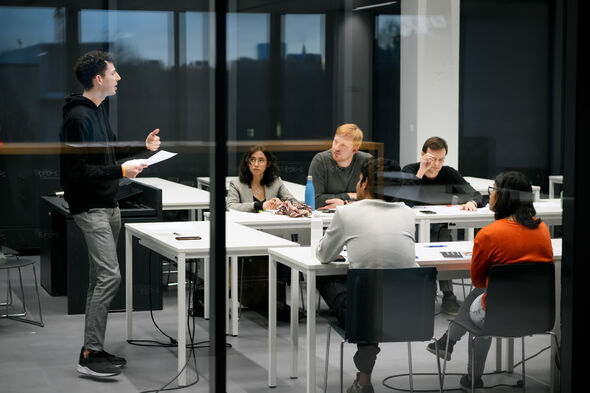
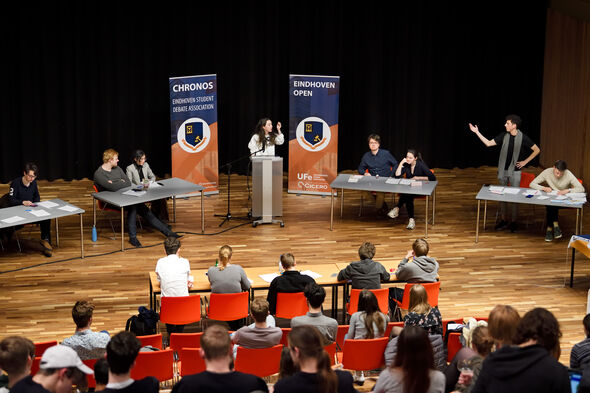
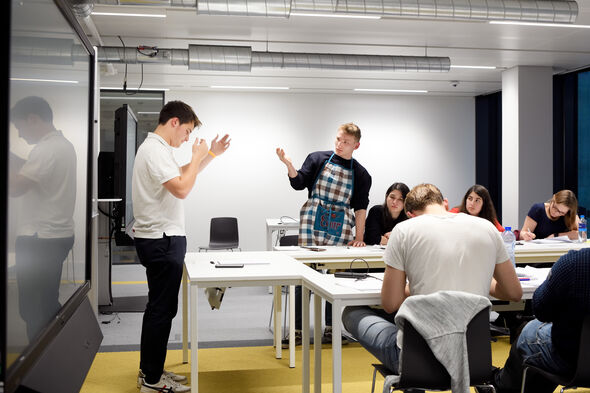
Discussion